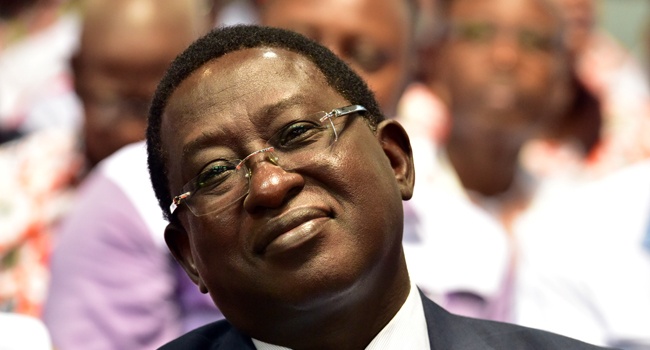A former jihadist who helped secure the release of four hostages in Mali last October told French radio on Monday that the Bamako government paid two million euros ($2.36 million) for the freedom of one of the captives, the late Malian opposition leader Soumaila Cisse.
Ahmada Ag Bibi also said in the interview with Radio France Internationale (RFI) that the Malian authorities did not pay ransom for three other prominent hostages — a Frenchwoman and two Italians — although he did not exclude outside funds changing hands.
Mali’s military-dominated interim government — set up after a coup last August and tasked with staging elections next year — had no immediate comment on Bibi’s assertions.
Bamako has never confirmed speculation that a ransom was paid to gain the release of nearly 200 prisoners, including a number of jihadists, in exchange for Cisse, Sophie Petronin of France and Italians Nicola Chiacchio and Pier Luigi Maccalli.
Cisse, a former parliamentary opposition leader and runner-up in three presidential elections, died in December of Covid, aged 71.
Bibi, an ethnic Tuareg from the desert north of the Sahel country, has several times been an MP in Mali’s parliament.
He was involved in previous hostage negotiations and is thought to have played a key mediation role in the latest episode.
As a jihadist in the past, he fought alongside Iyad Ag Ghaly, leader of the shadowy Group to Support Islam and Muslims (GSIM) in the Sahel, affiliated with Al-Qaeda.
It was Ghaly who triumphantly received the prisoners freed by the Malian government, with Bibi appearing in photographs of the exchange.
On Monday Bibi rejected a claim that 10 million or 30 million euros had been paid in ransom.
“That isn’t true,” Bibi said. “Not those figures. I know that the Malian state, the transition authorities, paid two million euros to free Soumaila.”
France, Mali’s former colonial power, has repeatedly denied involvement in negotiations or paying any ransom for the release of Petronin, a septuagenarian humanitarian worker.
Bibi said the state released 190 prisoners, though the hostage-takers had said twice as many walked free.
Mali has been struggling to contain an Islamist insurgency which first broke out in the north of the country in 2012 before spreading to the centre and neighbouring Burkina Faso and Niger.
The transition authorities have said they favour dialogue with some jihadists.



